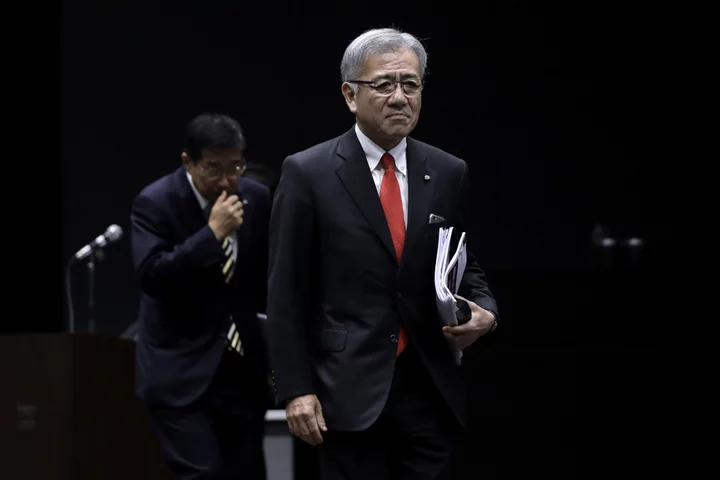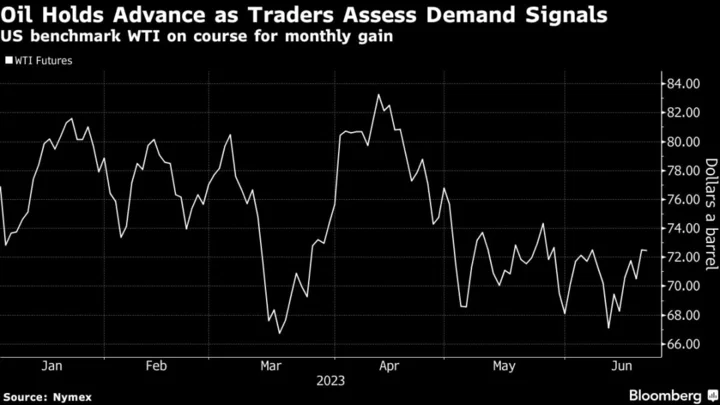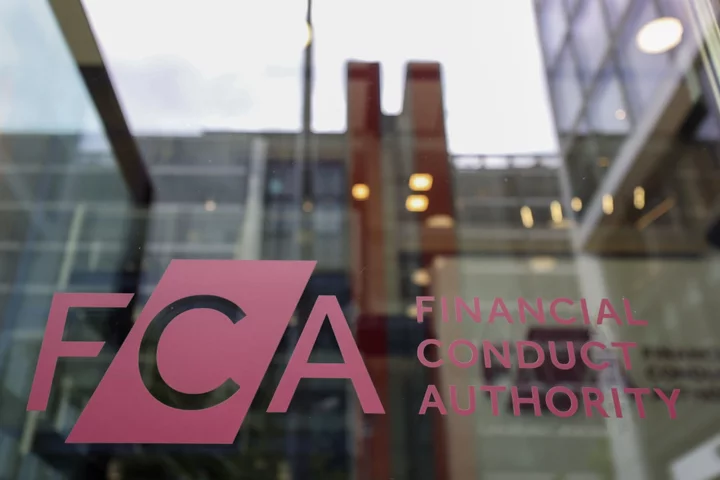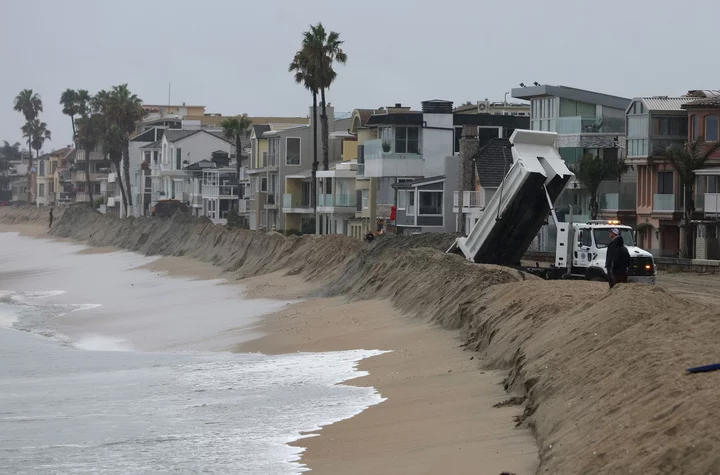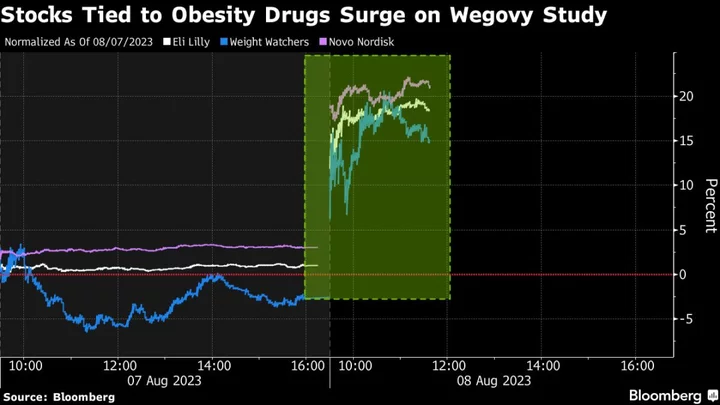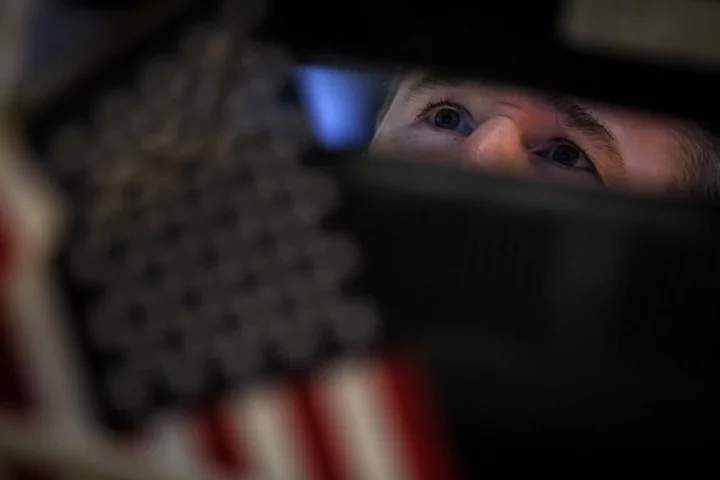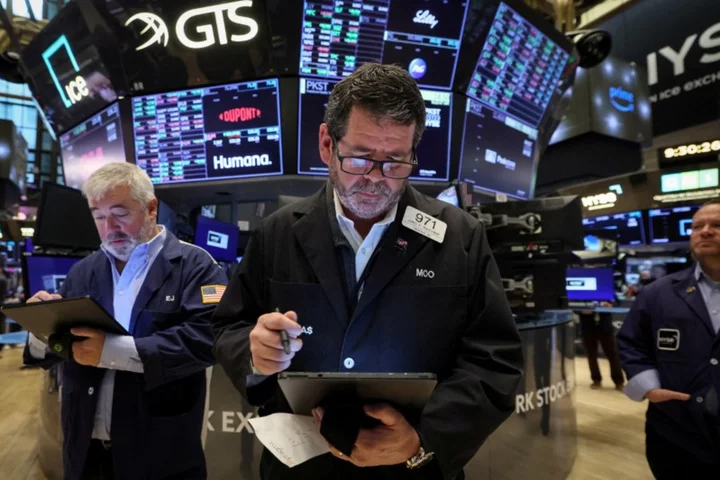Seven & i Holdings Co. will probably have enough votes to install its proposed slate of directors at its annual meeting this week and prevail over candidates from activist fund ValueAct Capital Management LP.
The investor’s plan to install new board members is unlikely to win a majority because much of Seven & i’s shares are owned by the founding family, domestic banks and suppliers, according to analysts and some other shareholders. Even so, proxy advisory firms Institutional Shareholder Services and Glass Lewis & Co. have backed ValueAct, giving its campaign meaningful support and keeping up the pressure on management to implement changes to deliver returns.
Investors, including Warren Buffett, are paying more attention to Japanese businesses, thanks in part to efforts by the Tokyo Stock Exchange to boost valuations, pushing the Topix Index to a three-decade high. The face-off between the ¥5.75 trillion ($41.5 billion) operator of 7-Eleven stores and Speedway gas stations and the activist fund is one of the most closely watched during peak season for shareholders meetings in Japan, with a record number of activist proposals expected this year, according to Masatoshi Kikuchi, chief strategist at Mizuho Securities Co.
“I don’t think ValueAct’s proposal will win a majority, but it could get 20% to 30% support and that would be significant,” said Dairo Murata, an analyst at JP Morgan Securities Japan Co. “The pressure has given a tremendous impact on the company to change and give ambitious targets with speed. It will have to work really hard to achieve what it has promised from now on.”
ValueAct has been pushing Seven & i to improve its valuation for months, calling on the retailer to embrace “bold, structural reform and pursue it with urgency.” The investor is seeking to install four new directors, with a mandate to replace Chief Executive Officer Ryuichi Isaka in the latest challenge. Seven & i, which has revamped its board, and is selling non-core assets, shutting some legacy stores and raising business targets, said ValueAct’s plan risks destroying shareholder value.
“As a matter of policy, and out of respect for the voting process, we do not comment on the vote until all the votes are counted,” the company said in an emailed statement, adding that it disagrees with ISS and Glass Lewis because they “fail to recognize the significant governance changes implemented over the past year and work undertaken by President Isaka and the board in recent years to build a food-focused convenience store business.”
ValueAct didn’t respond to multiple requests for comment.
Among the roughly 886 million Seven & i shares outstanding, about a third are held by foreign corporations, another third is held by Japanese banks and the rest by domestic asset managers, companies and individuals as of Feb. 28, according to Seven & i’s website. Its biggest shareholders include the founding Ito family, Japan’s Government Pension Investment Fund and Sumitomo Mitsui Financial Group Inc., according to data compiled by Bloomberg.
California State Teachers’ Retirement System voted against 13 out of 17 management proposals including Isaka’s reappointment and backed three of four director nominees by ValueAct, according to documents on the website managed by Glass Lewis.
Seven & i has about 85,000 stores worldwide and is best known for its 7-Eleven stores, but its operations also include Denny’s Corp.’s Japan restaurants, the Ito-Yokado supermarket chain and its own bank.
ValueAct has said the retailer should narrow its business focus to 7-Eleven, which it said could be a global champion as a convenience-store franchise and boost the company’s value. As a standalone listed company, 7-Eleven could be worth as much as ¥8,500 a share, the investor has said.
Seven & i shares have climbed about 15% this year, and are trading near the record of ¥6,619. The stock has more than doubled from August 2020 lows.
The fund suggests Junro Ito, an executive managing officer and a son of the founder Masatoshi Ito who passed away in March, to be the interim president of the company, Nikkei Business magazine reported earlier this month, citing an interview with ValueAct partner Robert Hale. Isaka secured his position in 2016 with a backing of another activist fund Third Point LLC amid the management reshuffle that led to the retirement of former CEO Toshifumi Suzuki.
Few activists proposals have won in Japan, but ValueAct has a track record of securing some victories. It has persuaded medical-devices maker Olympus Corp. and chip-materials maker JSR Corp. give it board seats in the past.
Seven & i has said its expertise in food procurement and retail sales, along with the board’s commitment to maximize long-term shareholder value, is the right strategy for the company and that ValueAct’s proposals will damage its competitiveness. The company rejected the investor’s push for a spin-off of the 7-Eleven franchise by the end of the current fiscal year that ends February 2024, calling it “hasty.”
The retailer overhauled its board in 2022 so that a majority would be independent outside directors. It has also taken steps to shed less profitable businesses.
In November, it announced a sale of its Sogo & Seibu Co. department stores for an enterprise value of about ¥250 billion to private equity firm Fortress Investment Group. The transaction, which was scheduled to complete in March, has been delayed, it has said.
In April, Seven & i reported record operating profit of ¥507 billion for the last fiscal year, although the full-year profit forecast missed analyst estimates. The company said it will keep paying out dividends, improve operating cash flow, embrace financial integrity and focus on growth in its convenience-store business to boost the ratio of total shareholder returns to 50% or more through fiscal 2025.
“I want to see speedier reforms and more efficient use of assets but still evaluate them to certain extent and sympathize with the direction of the business,” said Tetsuro Ii, chief executive at Commons Asset Management Inc., which is backing the company’s proposed directors. “ValueAct’s approach seems over the top and I don’t see much added value in some their nominees. It looks as if it’s looking for short-term returns.”
--With assistance from Grace Huang.

